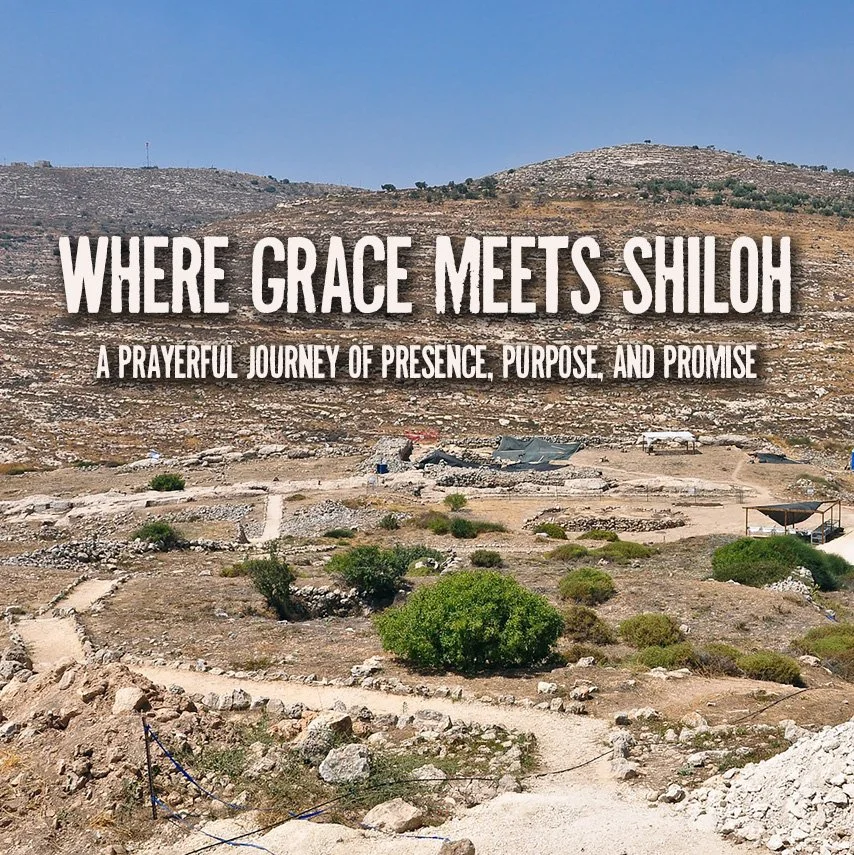A Dragon for Christmas
Christmas Letters: Part 5
December 28, 2025
Then a great sign appeared in heaven: a woman clothed with the sun, with the moon under her feet and a crown of twelve stars on her head. She was pregnant, and she cried out because she was in labor, in pain from giving birth. Then another sign appeared in heaven: it was a great fiery red dragon, with seven heads and ten horns, and seven royal crowns on his heads. His tail swept down a third of heaven’s stars and threw them to the earth. The dragon stood in front of the woman who was about to give birth so that when she gave birth, he might devour her child. She gave birth to a son, a male child who is to rule all the nations with an iron rod. Her child was snatched up to God and his throne. Then the woman fled into the desert, where God has prepared a place for her. There she will be taken care of for one thousand two hundred sixty days.
~ Revelation 12:1-6
_______________
Revelation is probably the last place we’d look for a Christmas story, but the truth is that Christmas, Easter, and the entire story of Creation is all wrapped up in this mysterious vision. John wasn’t predicting future events. He was encouraging a persecuted church and proclaiming the gospel in language that Rome would not understand. That’s why he uses images, symbols and metaphors that would have been recognized by his Jewish audience.
For example, the woman in Revelation 12 is clothed with the sun, with the moon under her feet, and crowned with 12 stars. Let’s break that down.
The sun’s brightness points to God..
Israel’s worship calendar is based on the lunar cycle, so this woman is at the center of Israel’s worship.
The 12 stars call back to the 12 tribes of Israel, just like in Joseph’s dream in Genesis.
John is describing God in feminine terms because the focus is on God giving birth – to creation, to Israel, to Jesus, and to the church. (For more feminine images of God in scripture, check out Hosea 11:3-4, 13:8, Deuteronomy 32:11-12, 18, Isaiah 66:13, Matthew 23:37, Luke 13:34, to name a few).
The dragon represents Satan, seeking to undermine God’s redemptive work in the world. That’s why he waits to devour the Christ child. Think about this in the context of Jesus’ life. Herod seeks to kill the child before he can become a threat. Satan tempts Jesus in the wilderness to derail his ministry before it begins. And in the end, Jesus is defeated by death on the cross. The dragon has won.
But John tells us that the child was taken up to God in heaven. Sound familiar? Resurrection and ascension. Death was not the end. And so, the dragon continues to seek out God’s children wherever they may be found, attacking the church to this day.
In Revelation, John declares to the church that God has taken up residence in Satan’s domain, here in our fallen world, and that no matter how bad things get, God will always have the final victory.
We may not have wanted a dragon for Christmas, but do not fear. Christ has already won.
Where do you see signs of victory breaking through the darkness in your life or in our world today?








